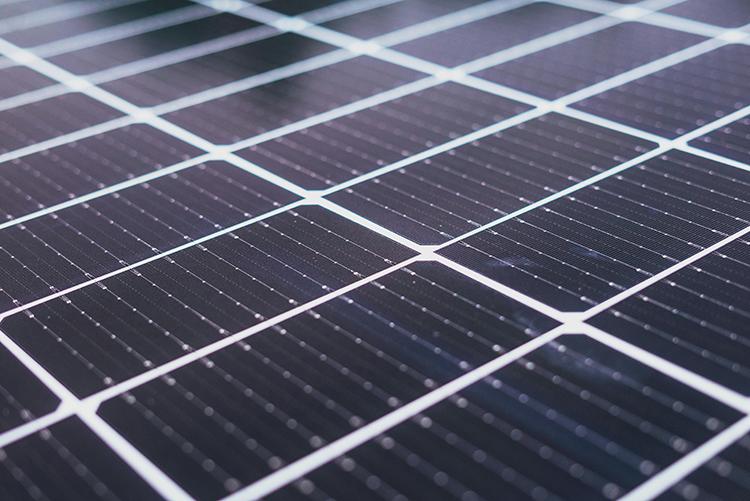Czech renewable energy subsidies criticized as discriminatory by industry leaders
The revised subsidies under the New Green Savings Programme (NGS) for renewable energy sources have sparked controversy, with the Renewable Energy Chamber accusing the changes of being discriminatory and unbalanced. The updated rules reduce support for domestic photovoltaic systems by lowering the maximum subsidy amount and capping the capacity for eligible installations at five kilowatts, half the previous limit. The Ministry of Environment (MoE) defended the changes, arguing they aim to create a fairer and more accessible system.
The chamber has criticized the new approach, particularly the preference given to insulation and other energy-saving measures at the expense of household photovoltaics. According to the chamber’s president, Štěpán Chalupa, these changes are unjustifiable, and the ministry’s reasoning of limited funds is unfounded. He suggested reallocating funds from other projects, such as the seven billion CZK designated for large-scale battery storage facilities, which he claims have sufficient returns without state support. Chalupa argued that if the government supports large-scale solar projects, household systems should receive equivalent treatment.
The chamber proposed adjustments to the NGS programme, including removing the five-kilowatt cap, maintaining subsidies at 50% of eligible costs, and simplifying terms for heat pump subsidies. Despite the criticism, the Ministry of Environment rejected the claims of discrimination. Ministry spokesperson Vendula Krejčí stated that the changes aim to level the playing field among renewable energy technologies, simplify processes, and expand the programme’s reach. She emphasized that subsidies for households remain significantly higher than for companies and that the ministry continues to consult with industry stakeholders.
Industry representatives fear the new conditions will weaken interest in renewable energy, particularly among households. Radek Orság, a board member of the Guild of Accumulation and Photovoltaics (CAFT), estimates that 40% of applicants may fail to meet the programme’s property test under the revised rules. He predicts that the number of applications could fall by more than half compared to the 2,500 monthly average recorded last autumn.
Meanwhile, other experts, such as Jan Fousek, director of the Association for Energy Storage (AKU-BAT), stressed the importance of large-scale battery storage and solar parks for decarbonization and the modernization of the Czech economy. However, Fousek warned against reallocating funds from the Modernisation Fund to the NGS programme, cautioning that it could disrupt existing and future subsidy initiatives.
In 2024, the Czech Republic saw 44,593 new photovoltaic plants commissioned, a significant drop from the 82,699 installed in 2023. However, the total installed capacity of 967 megawatts matched the record high of the previous year. The Solar Association of the Czech Republic attributes the trend to a decline in single-family home installations, offset by a rise in larger and business installations.
The debate highlights tensions between fostering household renewables and supporting large-scale energy transition projects, with industry leaders and policymakers divided on how best to allocate resources for sustainable development.
Source: CTK









